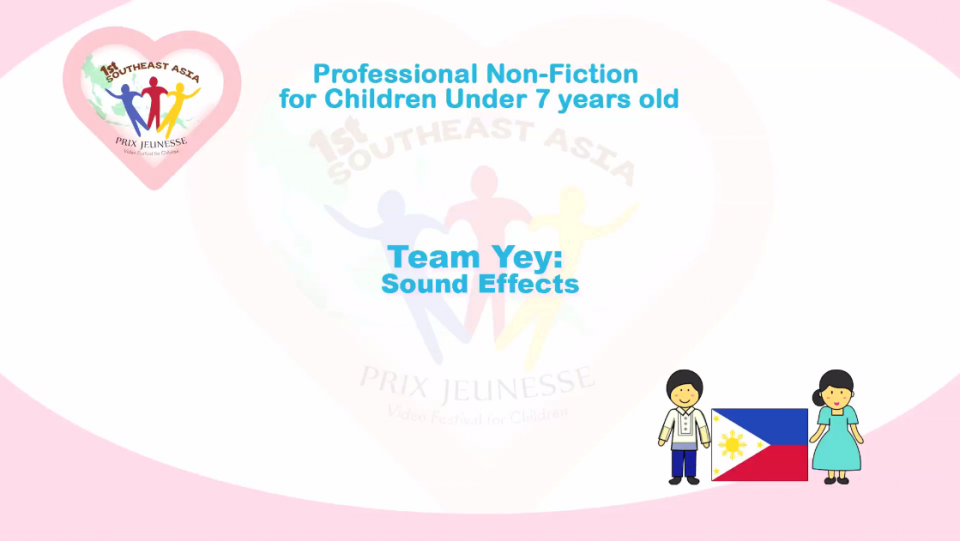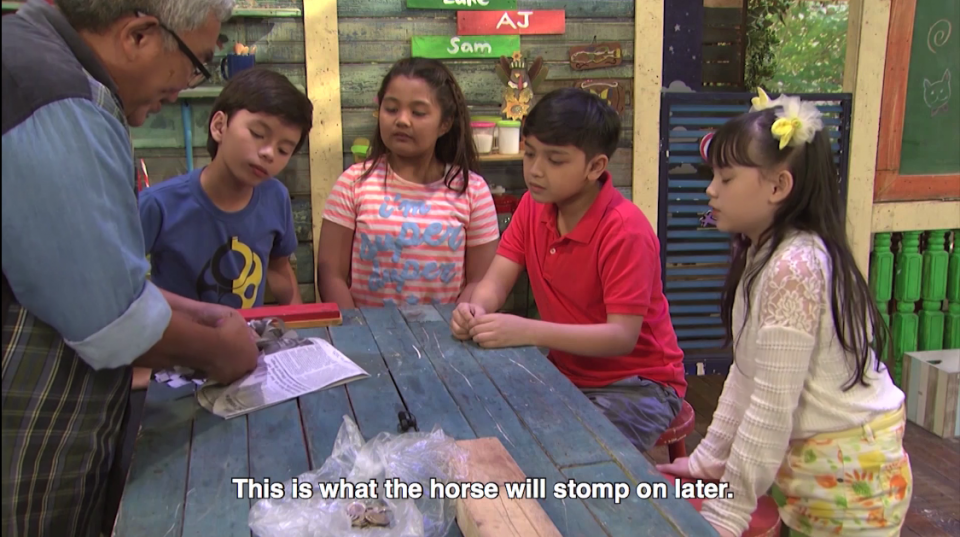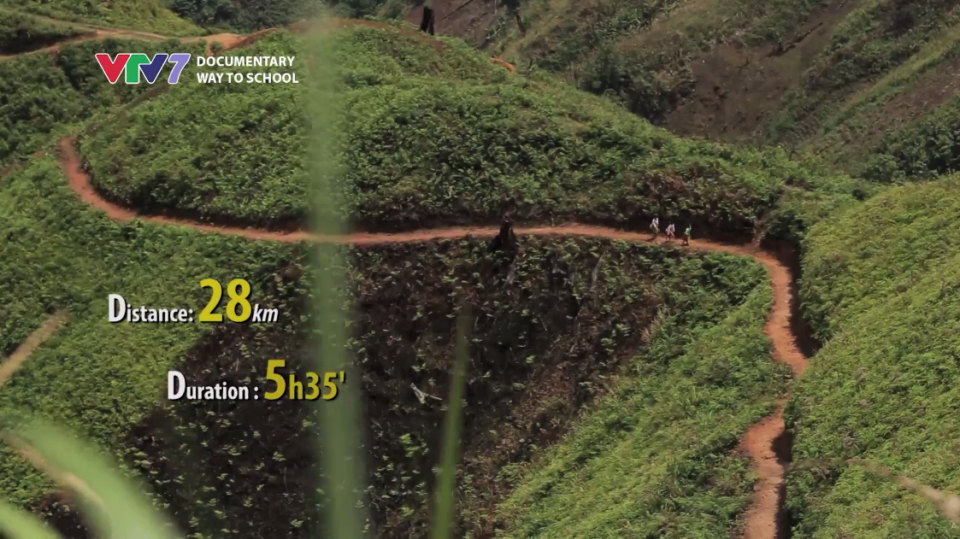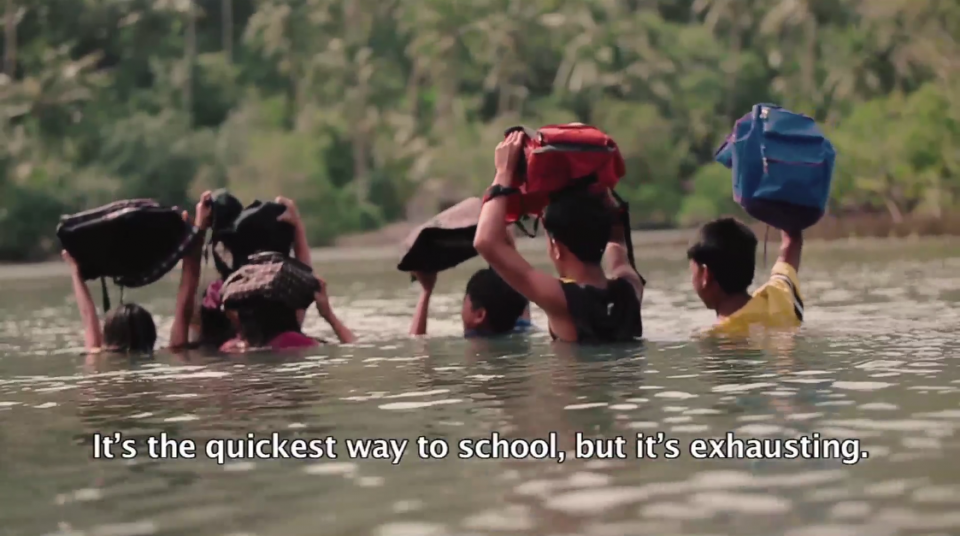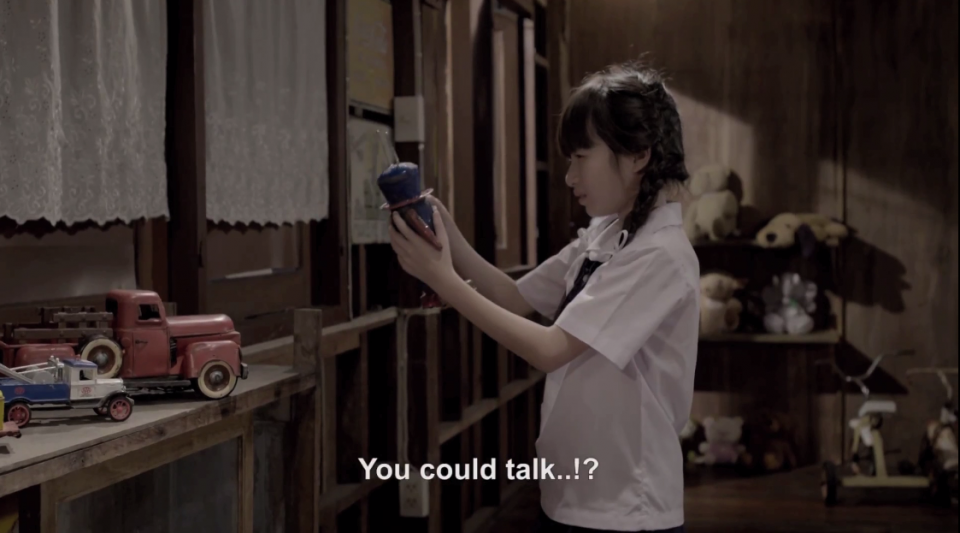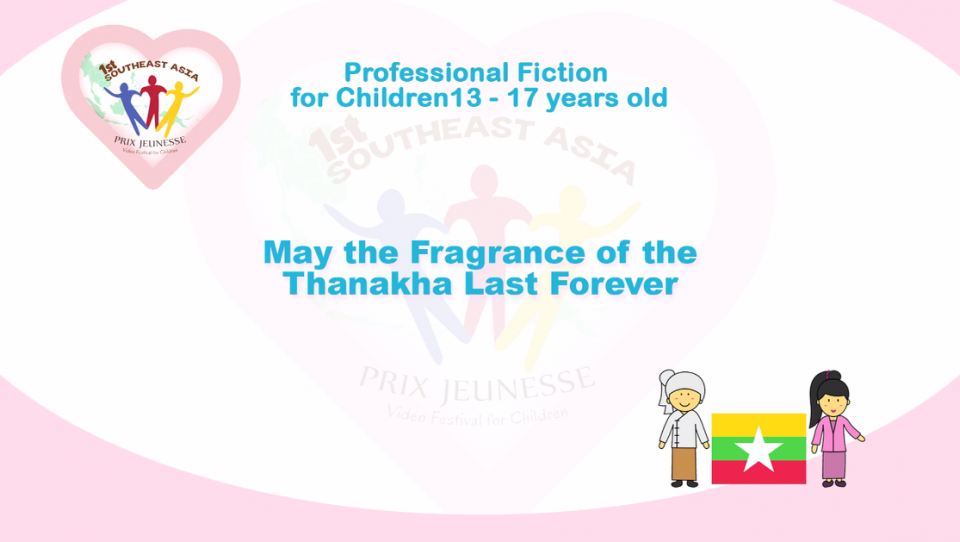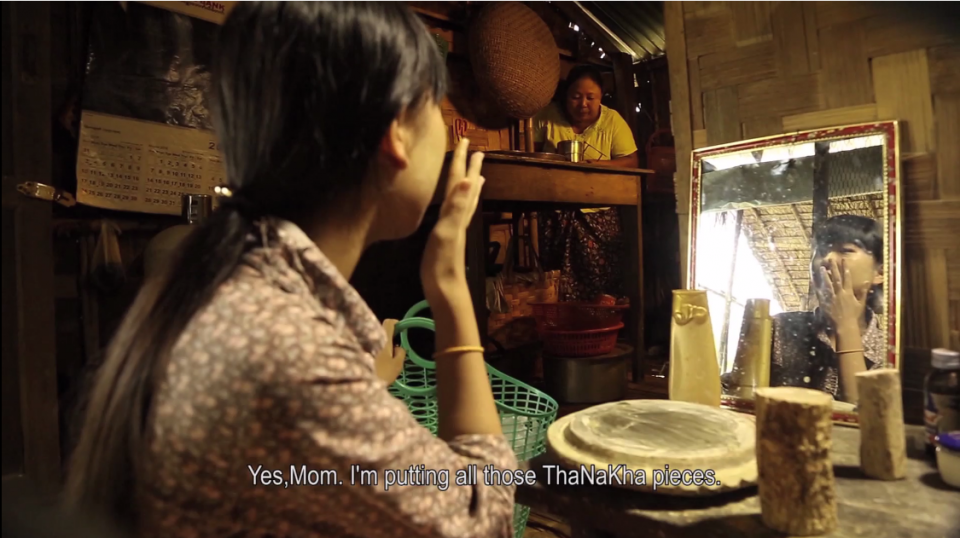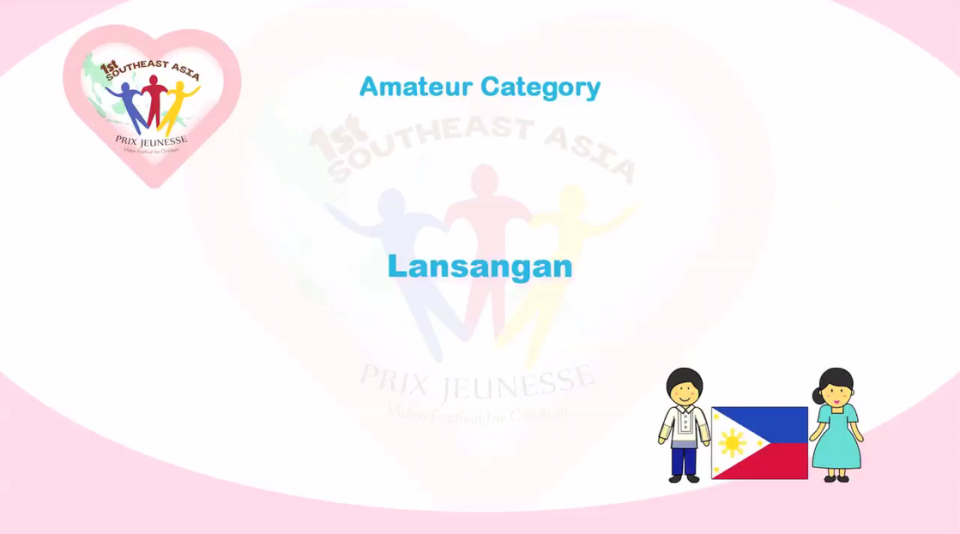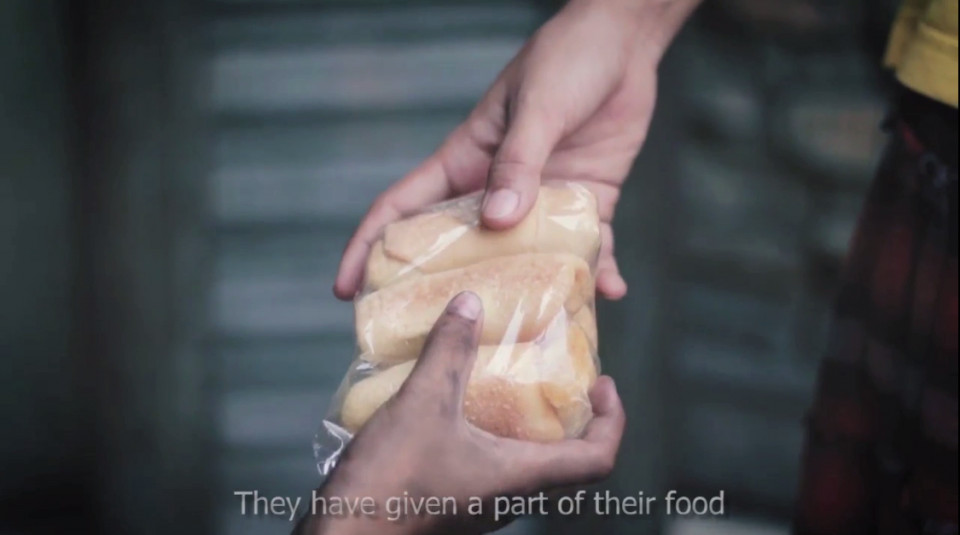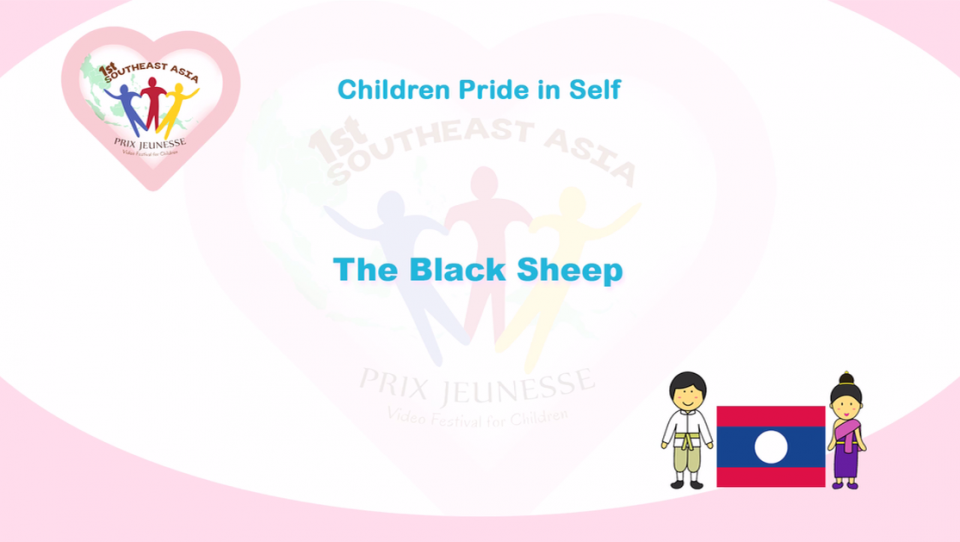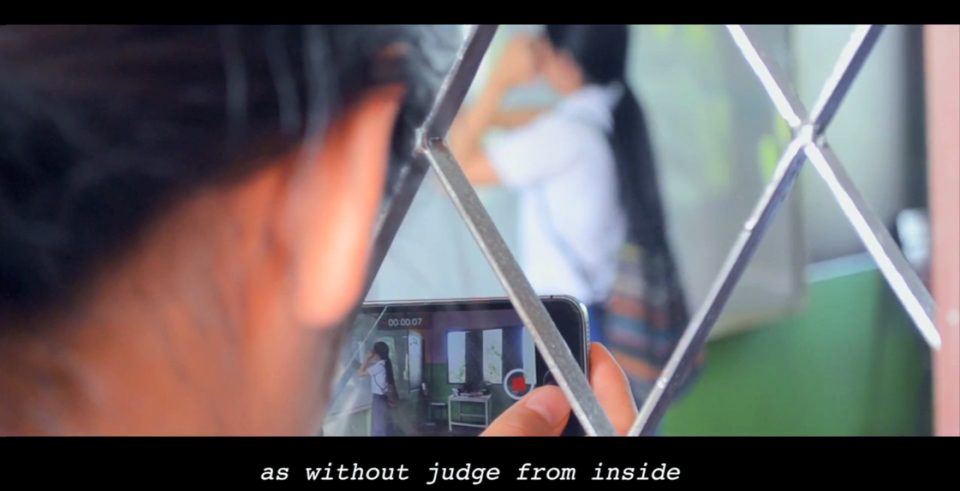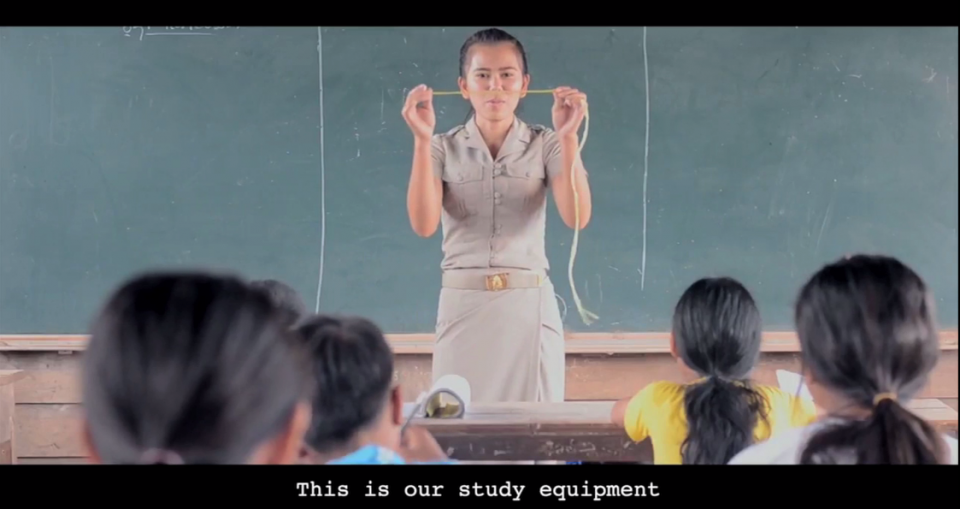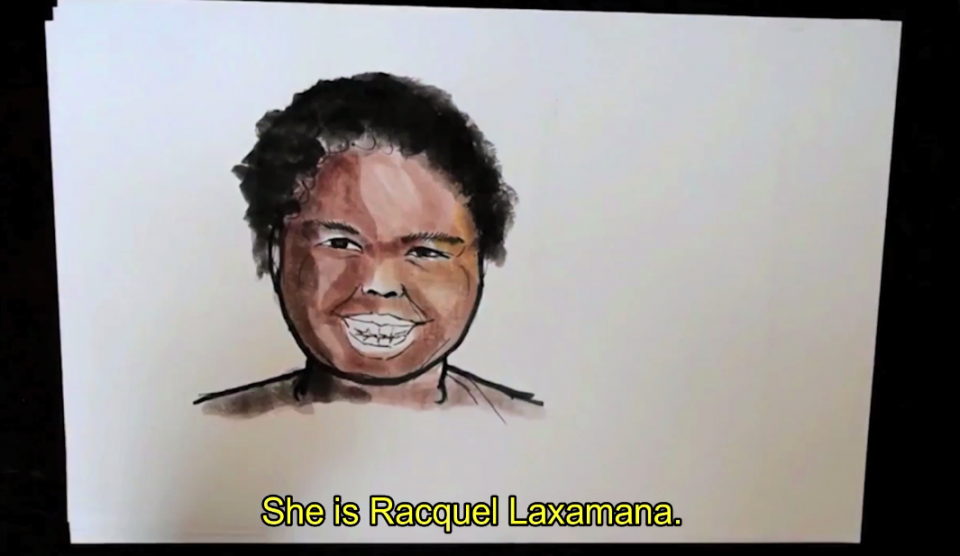By Jodi Bustos
Eagle News Service
The Philippines bagged awards in the first-ever Southeast Asia Prix Jeunesse international video festival held from November 27-29, 2017 at the Peninsula Manila in Makati.
“Lakbay” and “Reel time: Isinulat sa tubig,” bagged the Kids Choice Award, with the second also being named the best film for children aged 13 to 17 years old under the professional non-fiction category.
“Team Yey” was named the best film for children under seven years old under the professional non-fiction category, while “Lansangan” received the Amateur Award and the Heart Award under the Professional category.
“Lakbay” also received the heart award under the children’s category and the best film under the Pride in Tradition category.
“Alamat: Ang Bakunawa at ang Pitong Buwan” was named the best film for children under seven years old under the Professional Fiction category.
The professional fiction films “Kalsada” and “Tatay Nando” were named the best films in the pride in self, and pride in family categories, respectively.
Apart from the Philippines, nine countries in Southeast Asia—Brunei Darussalam, Cambodia, Indonesia, Lao People’s Democratic Republic, Malaysia, Myanmar, Singapore, Thailand and Vietnam–submitted entries to the festival.
Twenty entries were submitted to this year’s SEA PJ.
The following are the winners per category:
For the kids choice award:
“Lakbay” and “Reel time: Isinulat sa tubig,” both of the Philippines.
Professional Non-Fiction category:
For children below seven years old: “Team Yey” of the Philippines shows children making sound effects using only their voices and typical household items.
For children aged 8-12 years old: “Way to school” of Vietnam, which tells the story of a group of children living in the mountainous areas of north Vietnam who have to travel along an almost-30-kilometer-long road that cuts through a dense forest just to go to school.
For children aged 13-17 years old: “Reel time: Isinulat sa tubig” of the Philippines is a documentary that tells the story of a 10-year-old boy and his neighbors who wade across the sea every day just to go to school.
For the Professional Fiction category:
For children below seven years old: “Upin and Ipin: Behind the scenes” of Malaysia tells the story of twins who are eager to learn about shadow puppets and shadow play, a dying art.
For children aged 8-12 years old: “Toy shop” of Thailand tells the story of a 9-year-old girl and her friends, and of toys that come to life.
For children aged 13-17 years old: “May the fragrance of the thanakha last forever” of Myanmar is a short film about a young girl who is often left at home to take care of her little sister while her mother is at work.
The Philippines also received the Amateur award for “Lansangan,” a 2-minute silent film putting emphasis on spoken poetry in explaining the lives of the poor in the Philippines. The lead actor in the film is a child who begs for alms on the streets.
The following films also won in the following categories:
Pride in self: “The black sheep” of Lao PDR tells the story of discrimination with the use of sheep as characters.
Pride in family: “The rural teacher” also from Lao PDR tells the story of a teacher and the challenges she faces as she practises her profession in the rural area.
Pride in Tradition: “Lakbay” from the Philippines is a short film about a teenager named Raquel Laxamana who comes from the indigenous group Aeta. Guided by her cultural heritage, she pursues her dreams in a journey directed by family, values, and love for the community.
“Heart Awards.”
The winners in this category were chosen based on their abilities to elicit emotions from the audience, who voted as they saw fit.
“Lansangan” bagged the award in the professional category, while “Lakbay” bagged the same in the children’s category.
The Special Jury Award : “Tarek Pukat, the traditional fishing method of Aceh” is a short film about a traditional fishing practice in Aceh called “Tarek Pukat.”
(Photos were screen-grabbed and are courtesy of the Anak TV Foundation secretariat)



